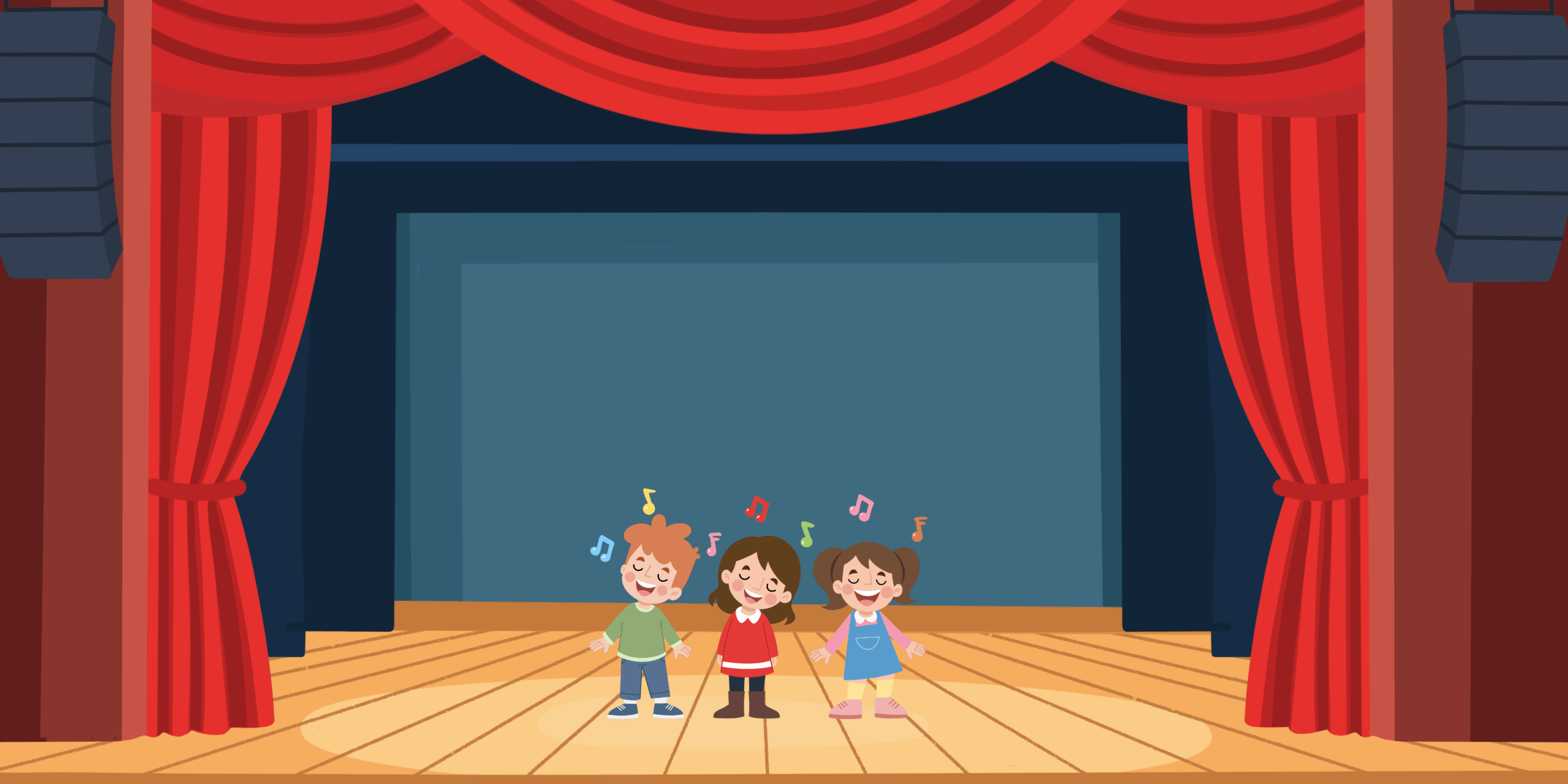
19 okt 🎭 The Last Musical (or: How Dutch Education Splits Its Society at the Age of Twelve)
There is a magical moment in the life of almost every Dutch child when all layers of society still share the same stage.
That moment is called the end-of-primary-school musical.
That moment is called the end-of-primary-school musical.
For one final time, future doctors, plumbers, artists, and policy advisors perform side by side, singing “We are one team!” with youthful conviction. Some sing beautifully, others move like malfunctioning robots, but none of that matters.
Everyone belongs. Everyone participates. Everyone gets applause.
Everyone belongs. Everyone participates. Everyone gets applause.
And then.. the curtain falls.
Literally and figuratively.
Literally and figuratively.
After the summer, the same children who danced together are carefully divided into separate tracks: academic, vocational, or “somewhere in between.”
We proudly call it tailor-made education, but in reality, it is our first national exercise in social segmentation.
Welcome to the Netherlands, where inequality begins not on the labour market, but in the first year of secondary school.
We proudly call it tailor-made education, but in reality, it is our first national exercise in social segmentation.
Welcome to the Netherlands, where inequality begins not on the labour market, but in the first year of secondary school.
Meanwhile, we keep saying that active citizenship is essential that young people should learn to participate, to collaborate, to care.
But how can you learn to live together if your daily world consists only of people who think, talk, and dream exactly like you?
It’s like offering swimming lessons without a pool: the intention is there, but the experience is missing.
But how can you learn to live together if your daily world consists only of people who think, talk, and dream exactly like you?
It’s like offering swimming lessons without a pool: the intention is there, but the experience is missing.
Active citizenship does not start with a civics lesson or a guest lecture on democracy.
It starts with learning to navigate difference every single day.
It starts when one pupil finishes early in mathematics but learns patience by helping another who struggles with reading.
It starts when that other pupil realises that asking for help is not a weakness, but a form of trust.
That is citizenship in action not as a topic, but as a lived experience.
It starts with learning to navigate difference every single day.
It starts when one pupil finishes early in mathematics but learns patience by helping another who struggles with reading.
It starts when that other pupil realises that asking for help is not a weakness, but a form of trust.
That is citizenship in action not as a topic, but as a lived experience.
Keeping children together longer, regardless of cognitive ability, socio-economic background, or origin, is not just a matter of fairness; it is a matter of democracy.
A connected society begins in classrooms that mirror that society not in systems that quietly reproduce its divisions.
A connected society begins in classrooms that mirror that society not in systems that quietly reproduce its divisions.
Perhaps we should make the group 8 musical mandatory until the end of secondary education.
Not because we all want to sing “The tent upside down” again, but because learning to perform together might be the best preparation for living together.
Not because we all want to sing “The tent upside down” again, but because learning to perform together might be the best preparation for living together.
If we truly believe in a society of active citizens,
then the most fundamental lesson we can teach is simple:
Stay in the same classroom for as long as possible.
then the most fundamental lesson we can teach is simple:
Stay in the same classroom for as long as possible.

